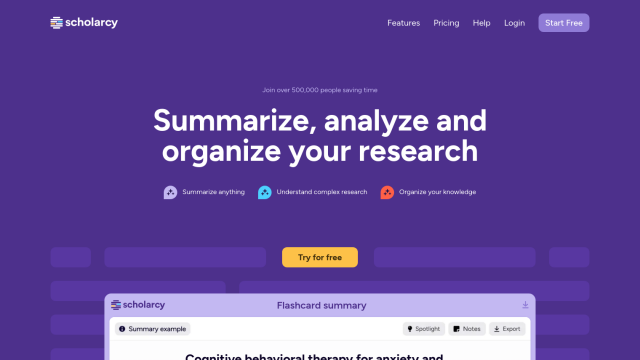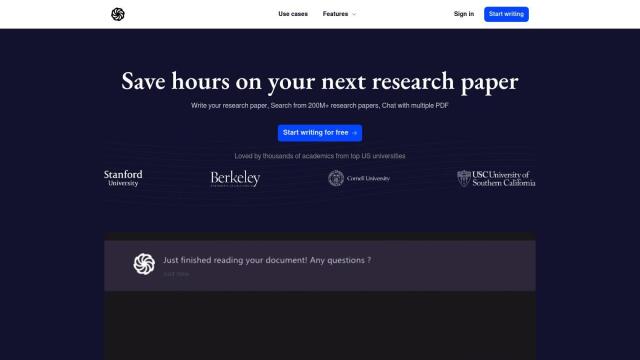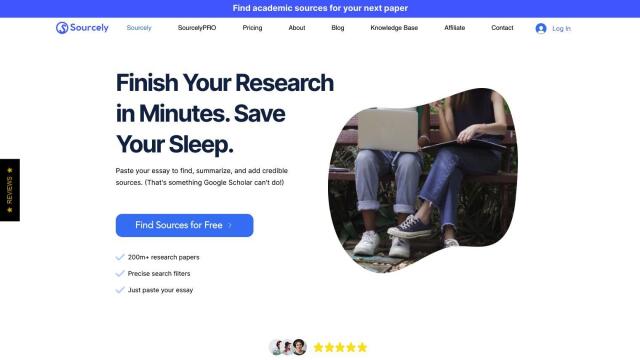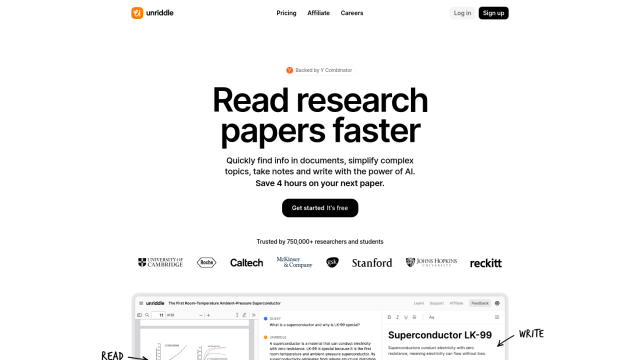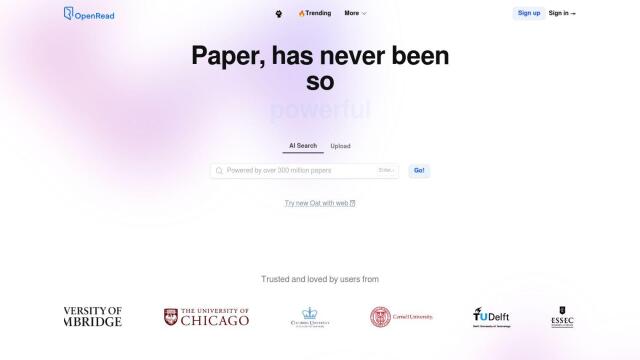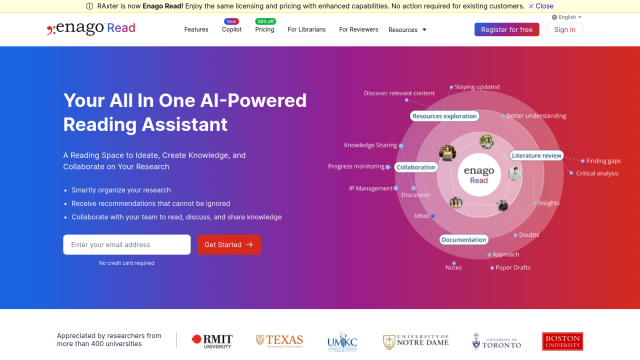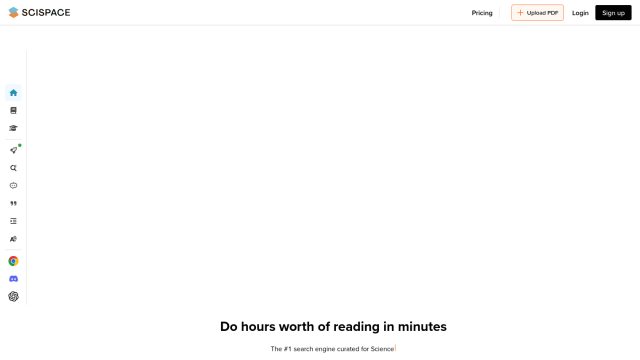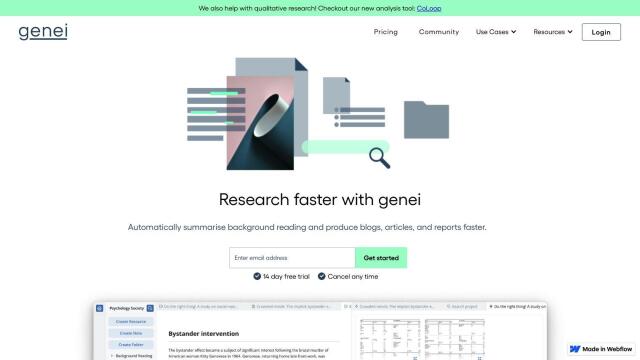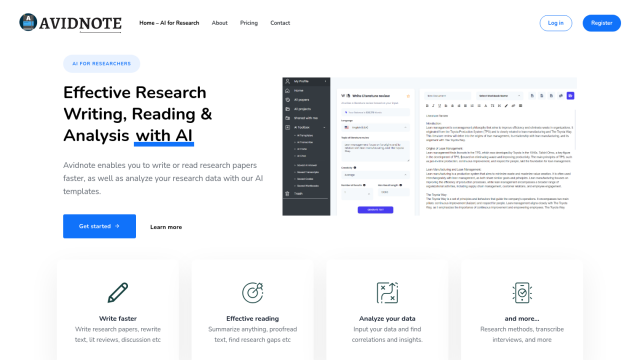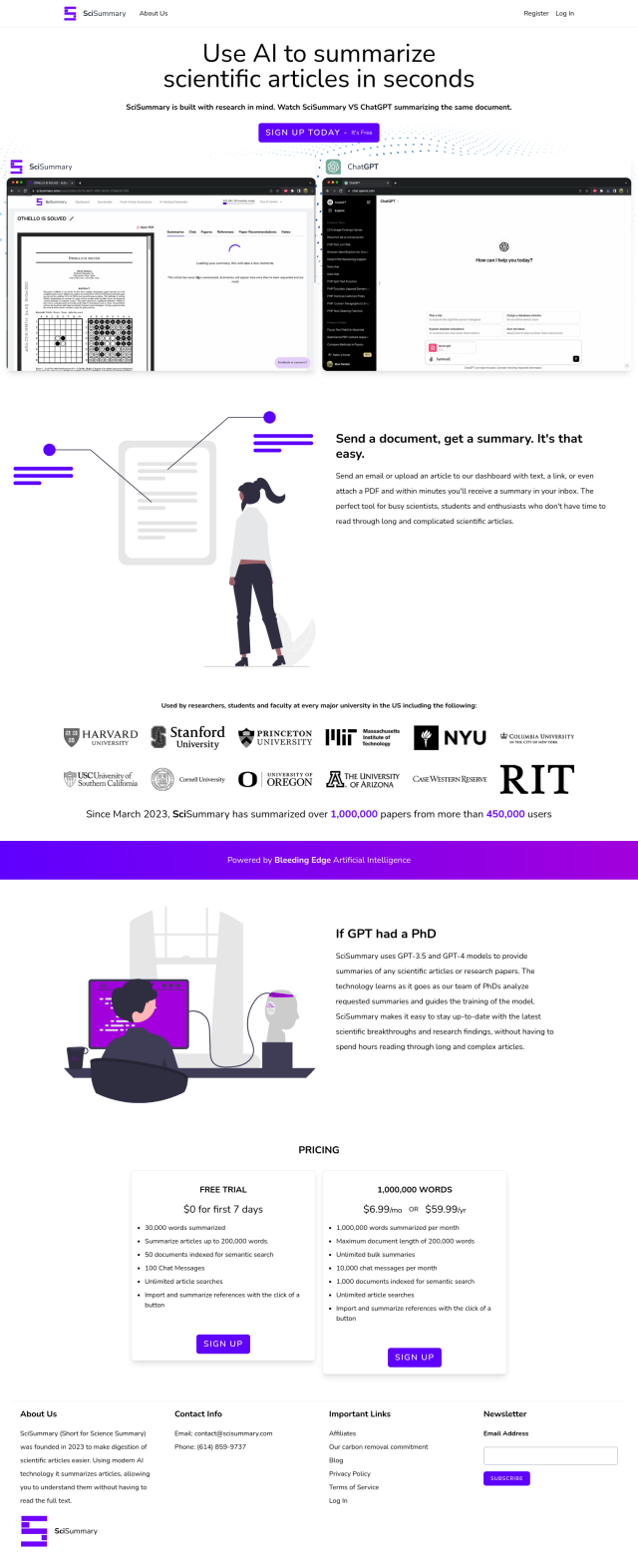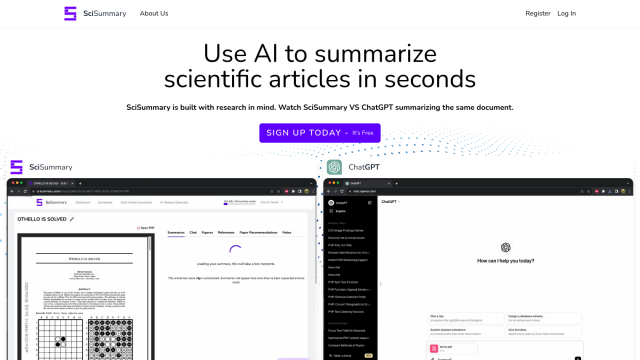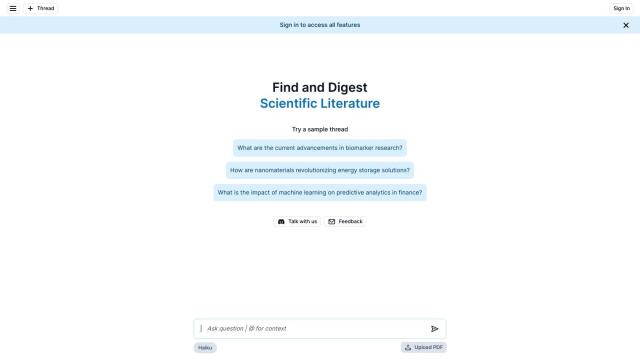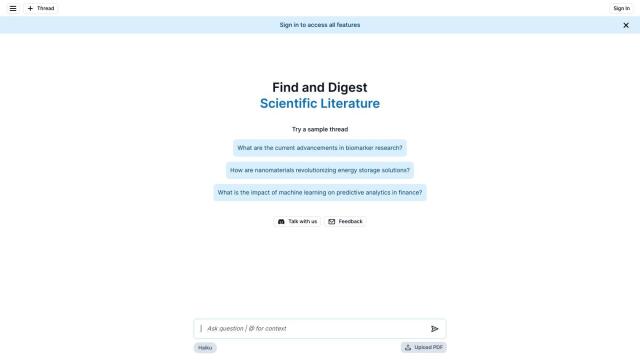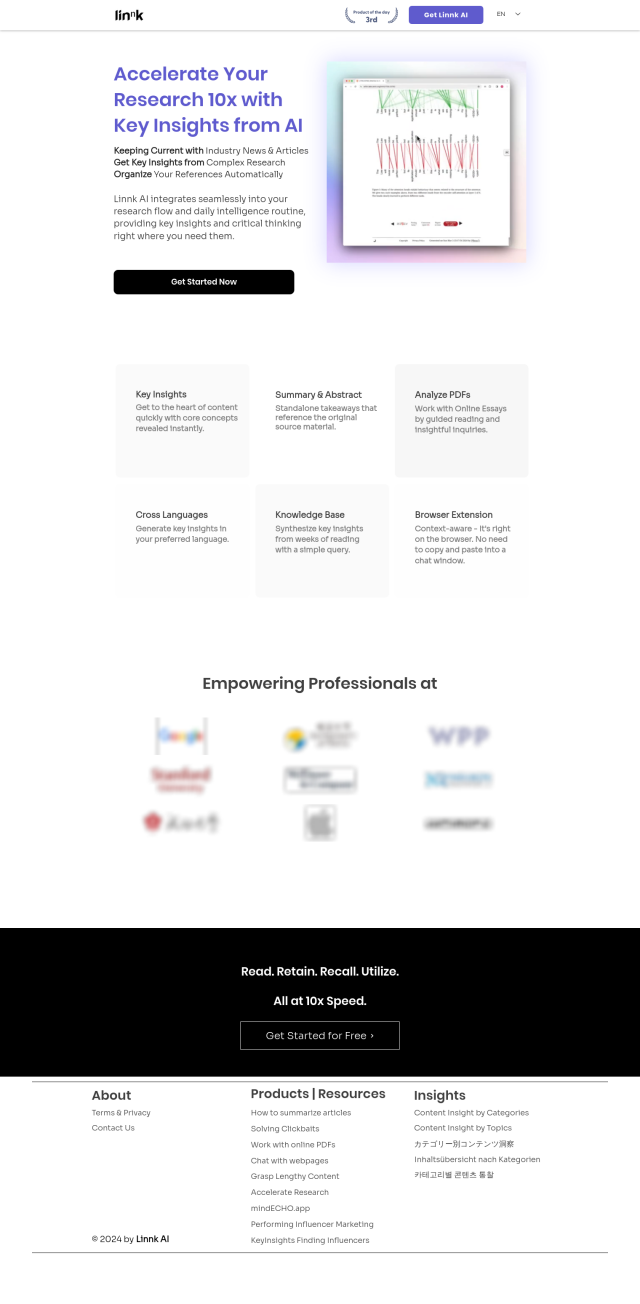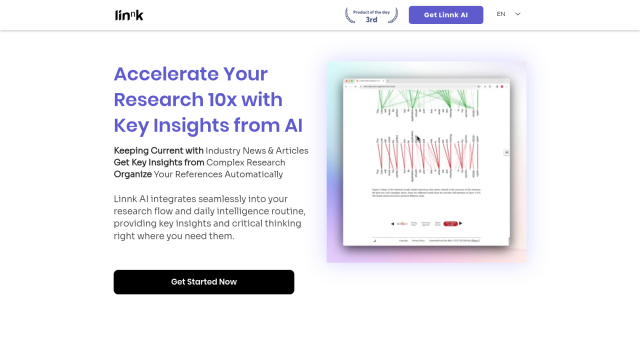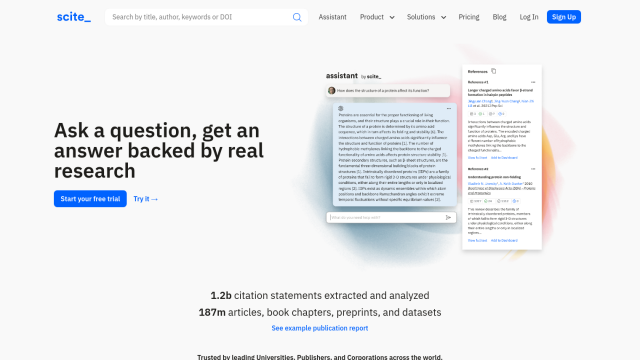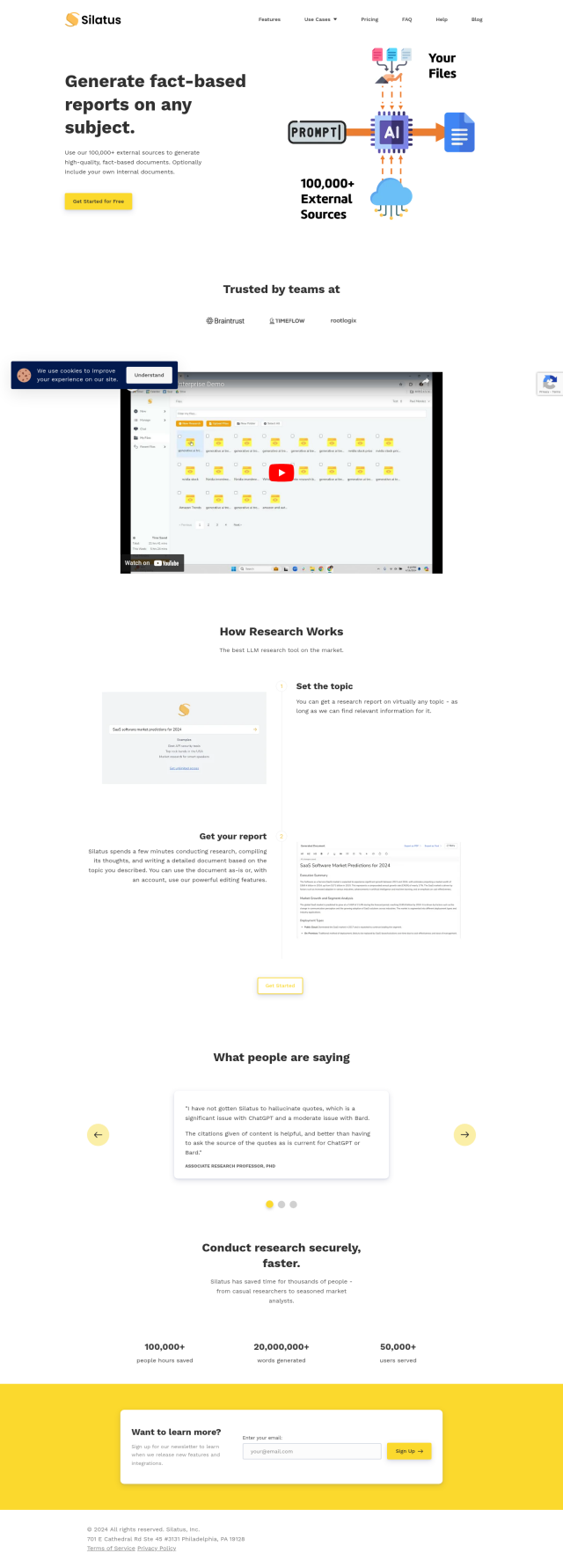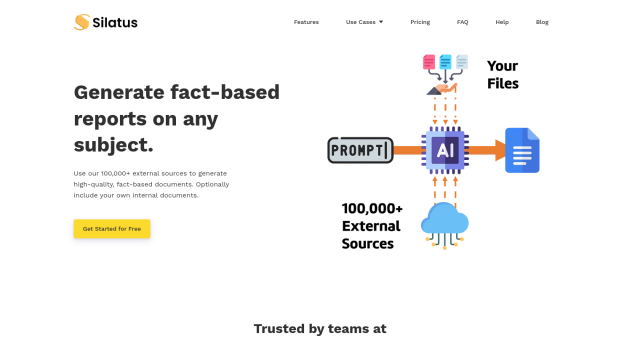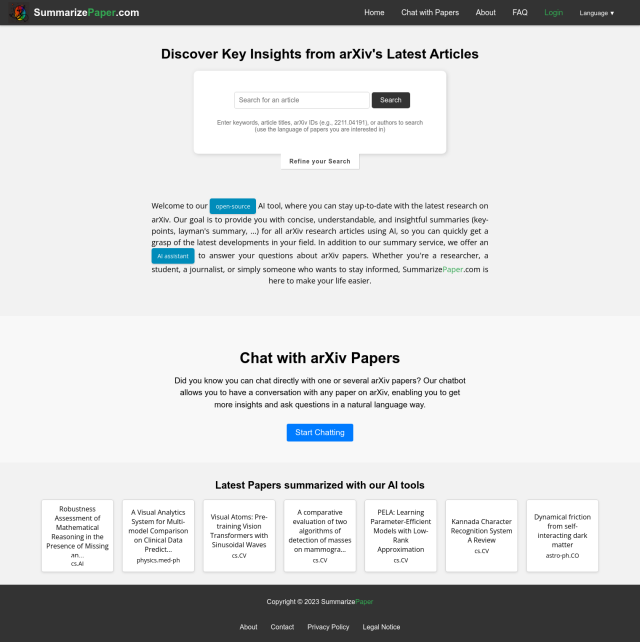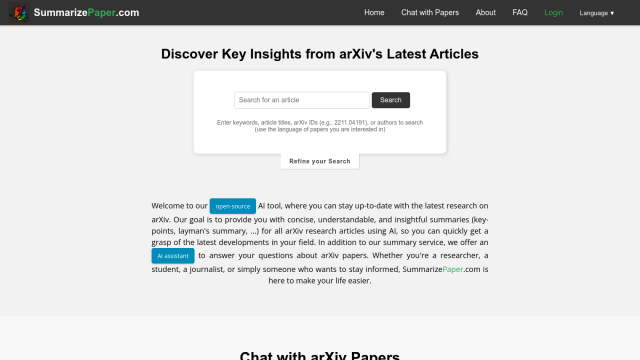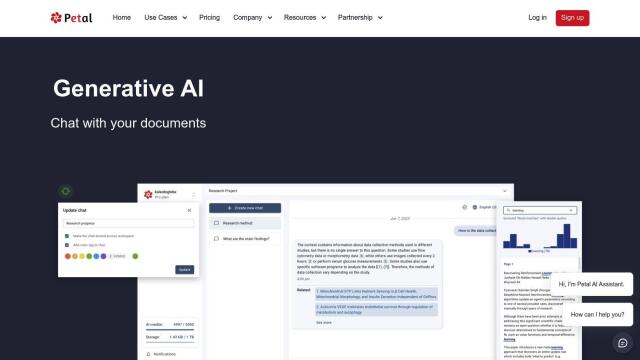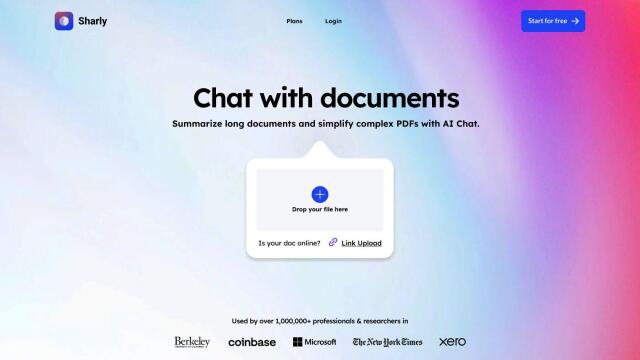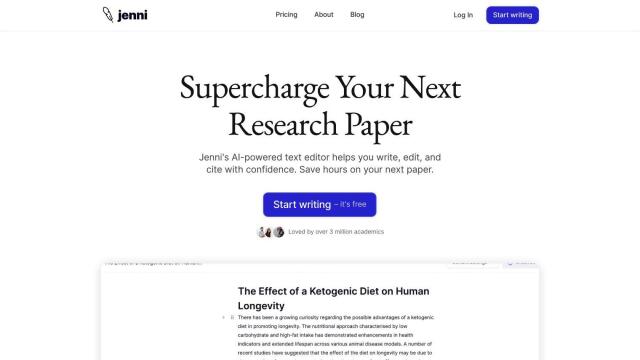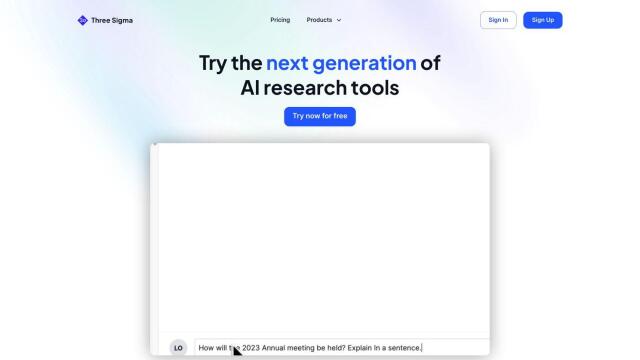Question: I'm looking for a way to streamline my research process - is there a tool that can help me quickly find relevant information from multiple sources?

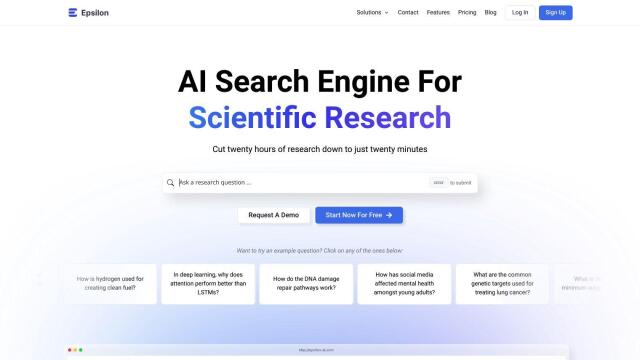
Epsilon
If you need a tool to help you get your work done, Epsilon is a strong contender. This AI-powered search engine speeds up scientific discovery by rapidly finding relevant citations, summarizing content and synthesizing information. It includes Investigate for summarized answers, Search to organize publications and patents, Validate for extracting key information, and Synthesize for creating detailed summaries. Epsilon is used by more than 30,000 researchers around the world and offers tiered pricing to accommodate different needs.

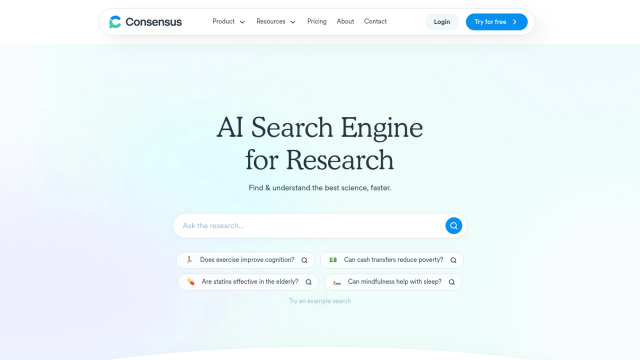
Consensus
Another powerful option is Consensus, an AI-powered academic search engine that helps you quickly locate and understand relevant research papers. It indexes more than 200 million papers across all subjects and offers tools like Copilot and Consensus Meter powered by OpenAI and proprietary large language models. These tools can help you streamline literature reviews and validate research. Consensus is good for students, researchers and professionals who need authoritative answers and rapid validation.


Elicit
Elicit is another useful tool, particularly for empirical domains like biomedicine and machine learning. You can search for papers, extract data into formatted tables, identify themes and have a conversation with the content. Elicit can be used for tasks like literature reviews, finding new papers and automating systematic reviews. Its language models are trained with user feedback to improve results, so it can be a useful tool for researchers.
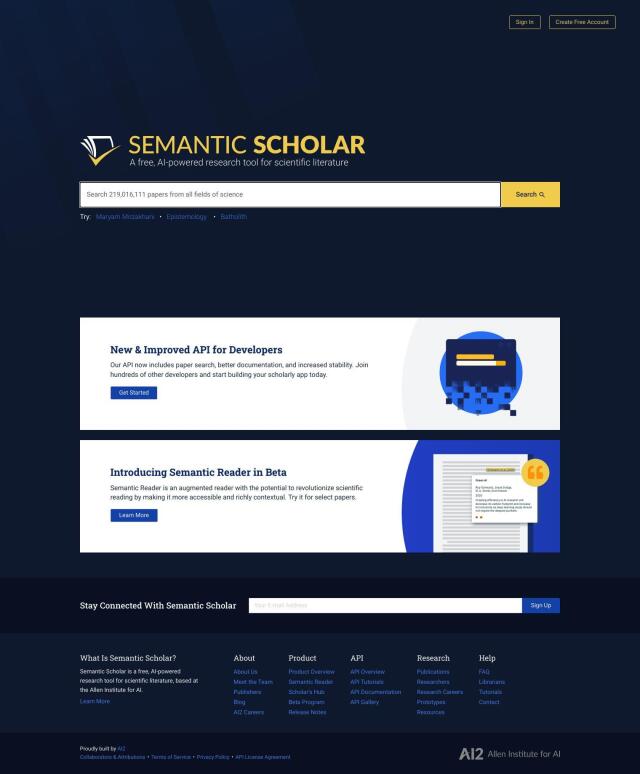
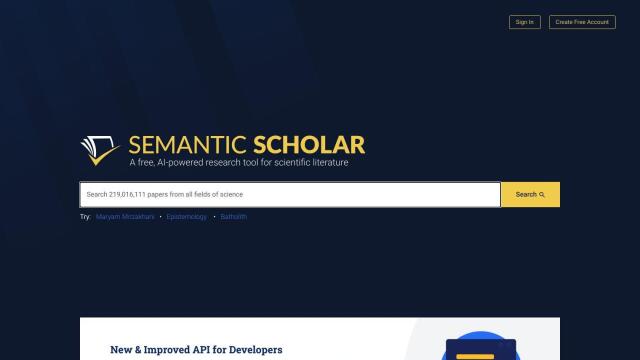
Semantic Scholar
Last, Semantic Scholar is a free AI-powered service that helps scholars find and read relevant scientific papers from a database of more than 219 million papers. It offers filters for different search criteria, brief summaries and tools to cite papers, organize papers into folders and create research feeds. Semantic Scholar is actively adding new features and expanding its API, so it's a good option for researchers who don't want to pay for a subscription.

